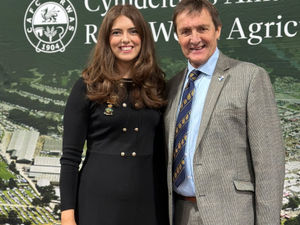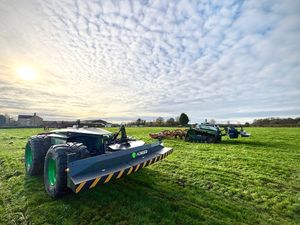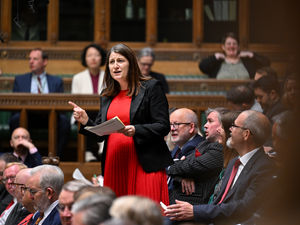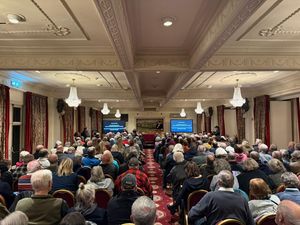Sustainability key to attracting future poultry meat customers, says expert
Poultry producers must showcase their sustainability credentials to entice future shoppers who are reducing their meat consumption for environmental reasons.
That was one of the key messages from a three-day sustainability event, held in the USA and attended by UK producers, organised by Elanco Animal Health.
Reporting back from the event, Elanco strategic account manager, Nicola Geoghegan, said although global poultry consumption is predicted to grow, the industry needs to take steps to engage a growing number of consumers who are choosing to eat less meat due to concerns about sustainability.
“Previously, the main reason for people choosing to reduce their meat intake was animal welfare, but now the reason given is the environment,” she added.
“With future consumers opting for more sustainable options, and for the poultry industry to be viable for years to come, we need to appeal to, and deliver for, a more environmentally conscious market.”
Ms Geoghegan said one way producers can make poultry production more sustainable is by focusing on what is happening inside the birds.
“This means looking at feed efficiency, Intestinal Integrity, and bird health,” she added.
“Elanco is committed to helping producers do this by offering solutions that make the bird more efficient and healthier.”
As an example, she says the use of advanced, science backed poultry probiotics, that boost a bird’s feed efficiency by supporting its gut health, results in birds being more sustainable as they require less feed to grow.
“Another way in which we can help improve poultry production sustainability is considering specific feed enzymes that break down performance-impacting compounds in the gut while enhancing Intestinal Integrity,” added Ms Geoghegan.
“Through this careful management, we can help producers reduce the need for high volumes of soya in diets, and in turn, reduce the carbon footprint of production. These enzymes also help reduce feed requirements while delivering the same results.”
Ms Geoghegan said: “Making poultry production more sustainable is extremely doable and the future is bright for the sector.
“If birds are more efficient and healthier, they’ll require less feed and less antibiotics – both of which improve their sustainability and help argue the case for poultry meat being a sustainable option for consumers."





